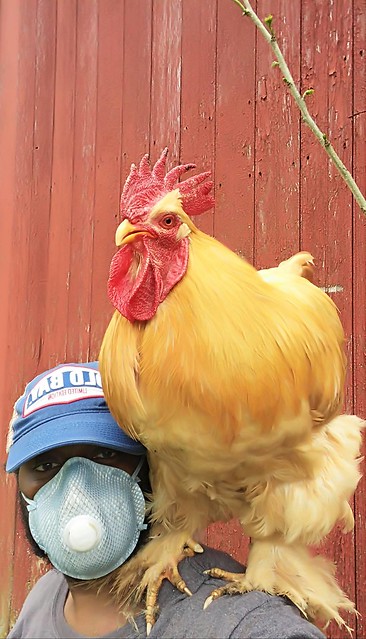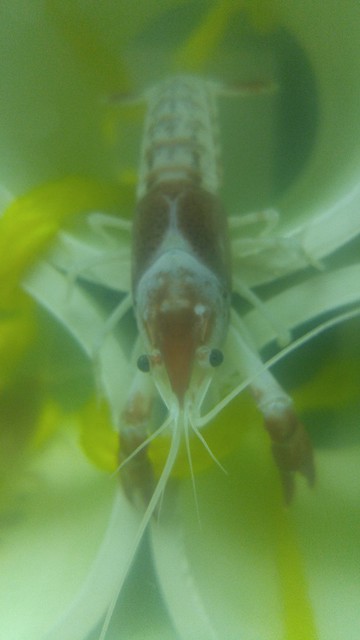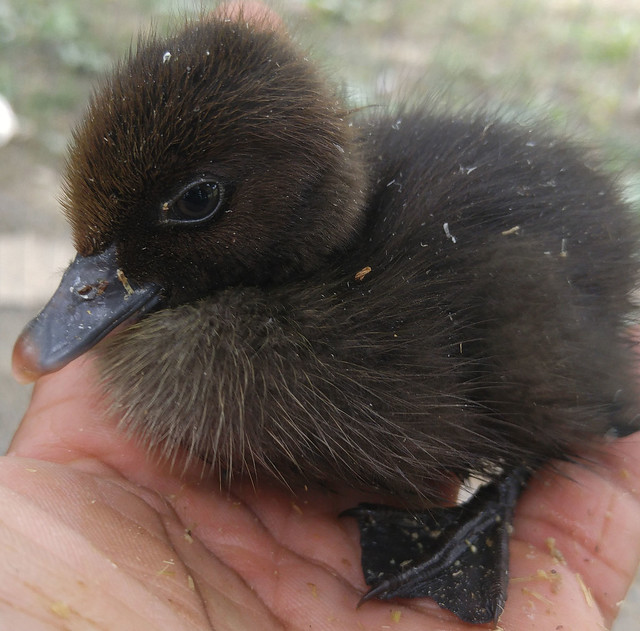
Every February, the APHIS community celebrates Black History Month and honors the many and varied contributions of African Americans to U.S. history. This year’s Black History Month theme is “The Black Family: Representation, Identity, and Diversity.” This feature, a personal narrative by APHIS employee Langston Hull, is the first in a two-part series recognizing Black employees at APHIS and their connection to agriculture, family, and the land.
My name is Langston Hull, and I am the Scientific Technical Director with APHIS’ International Services Program. I live in Maryland now, but I come from a family deeply rooted in Louisiana. We are Creole—of African, European, and Native American ancestry. For generations, my family has farmed expansive acres of sugar cane, raised various farm animals, and grown other row crops.
For us, food has always been tied to faith. Growing up, we spent Sundays after church with my grandmother’s offerings on the potluck table. Like our ancestors, who worked magic with less desirable parts of livestock and plant crops (now famed as soul food), my grandmother perfected cooking techniques that helped our family sustain ourselves with crops from our own land. With such delicious food and deeply rooted values surrounding me, my interest in and reverence for the land, the environment, plant crops, and farm animals became an inseparable part of who I am.
My early experiences on the farm led me to pursue studies at Louisiana State University. After graduating with my DVM degree, I earned a Ph.D. in infectious diseases/molecular microbiology. I spent a few years doing research work with other federal agencies in bio- and agro-defense and malaria immunology before coming to APHIS in 2010. I quickly found that my experience on the farm has helped me connect with breeders and producers, since I understand what they face every day.
Currently, my family’s Maryland operations raise poultry and aquatic animals. As all good poultry farmers know, you can’t have all of your eggs in one basket, so I have satellite flocks in distanced locations to preserve unique and proprietary pedigreed lines of my own creation. We produce chickens, chicken eggs, ducks, duck eggs, geese, turkeys, guinea fowl, pheasants, quail, quail eggs, partridge, and pigeons. The crawfish arm of the operation arose from me craving fresh crawfish when I get homesick. We also commission and curate farm art and home decor.

When I log off from my day job, I head outside. The sun gives my brown skin a farmer’s tan. I race the light from east to west before the birds roost. I’m snowed on and rained on. I toss hay and feed. My hands are rough and calloused, but I’d have them no other way. I’m a farmer and a part of the long, storied history of Black farmers and cowboys in this country. No matter who you are, farming and ranching are challenging. We are all subject to weather, consumer preference, natural disasters, fluctuations in commodities, and disease outbreaks and pandemics, among other variables. That being said, acquisition and retention of land, loans and other banking services, grants, market shares, and leadership roles at all levels endanger Black American farmers’ and ranchers’ traditions, legacies, inheritances, hopes, and dreams even more so.
I’m happy to work for USDA, and I’m proud of our mission. I want to use my role here to be an agent of change. Generations of Black Americans’ work and struggle has gone unrecognized. We are capable of light, and we are capable of brilliance. In some people’s minds, I’m the most unlikely vessel, but I’m just as much of a part of this calling as anyone else.

